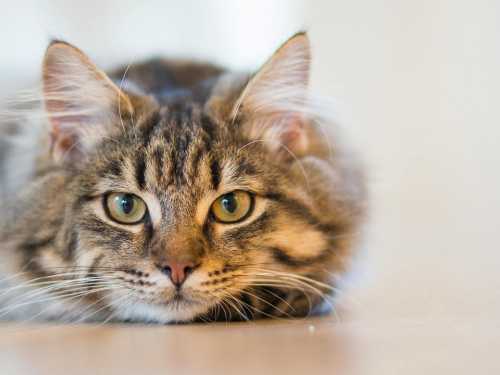
The raccoon dog plays an interesting role and occupies a significant place in the folklore and life of the Japanese people.
The Japanese, true aesthetes, have revered this unique animal since ancient times, which is not surprising, since it was in Japan and China that people have lived side by side with these animals since ancient times.
Hundreds of thousands of years ago, people settled in the wooded foothill plains, where raccoon dogs, known in Japanese as tanuki, also preferred to live.
That is why the close relationship between these animals and people has become the theme of many stories about tanuki.
Japanese legends ascribe strange, mysterious, and sometimes terrifying properties to them. Numerous myths and legends have been created about tanuki.
According to some folk beliefs, the Japanese admire them and feel a great affection for them; according to others, they are afraid of them, since, supposedly, these strange and mysterious animals can transform into both human form and ghosts in order to deceive people.
That's why opinions about tanuki among the people are so varied, and the myths and legends surrounding them are contradictory. But this beast is a constant presence in the lives of the Japanese people. Sometimes, information about tanuki even appears in the news.
One of the common characters in legends and “scary” folk tales about tanuki is a servant boy who wanders from house to house at night, knocking on doors, disguised as a sake seller. Stories describe him knocking on doors late at night, clutching a ceramic sake bottle. The only way to spot the impostor is by his tail peeking out from under his dress. Those who fail to do so in time may even be mauled.
Surprisingly, these ancient beliefs still live on in modern Japan, a country of advanced technology, high-speed trains, and skyscrapers. But despite such horror stories, tanuki continue to evoke a special affection among the Japanese – perhaps due to their monogamy, loyalty, and devotion to family ties.
“I am not faithful because I am good, but because I am good because I am faithful” – this famous Japanese proverb about marital fidelity clearly reflects the priorities of the national values of the Japanese people, and therefore tanuki, with their expressed devotion to family and their spouses, with their caring attitude towards each other and children, cannot but deserve respect and love in the Land of the Rising Sun.
Another important, almost fundamental, advantage (completely unknown to us, by the way) of the raccoon dog in Japan is, it turns out, its beautiful singing! Can you even imagine how a dog sings? Well, everyone probably imagines how a regular dog sings, like our own. Sometimes it might be howling along to the radio, the piano, the accordion, or a tape recorder. Everyone probably knows about these abilities of our traditional, no less beloved pets.
But the thing is that a Y-Y-K-L-I-K-E-D DOG sings in a completely D-I-I-N-T-H-E-R-L-I-D-I-N-T-H-E-R-E …
And she sings like a bird!
Here you have the myths, legends, and strange mysterious properties attributed to this beast…
Maybe that's where they came from – all these Japanese fairy tales and stories that really do turn out to be a mysterious animal…
It looks like a beast, a dog, but its song is like a bird's—it's captivating: abrupt whistles, trills, and roulades, which is why it's kept in many Japanese homes. And for that reason, the tanuki is even somewhat of a sacred animal for the Japanese.
However, the habitat of this legendary, beautiful animal in Japan is gradually changing. Its numbers are declining, and the tanuki is now considered rare there. Nevertheless, for the Japanese, raccoon dogs are an integral part of the world around them, and will likely remain so as long as the Earth spins.
Well, if suddenly you, our dear readers, have the opportunity or need (for example, you found a helpless, dying cub in the forest) to take such an animal into your family, then don’t worry – everything will work out for you!
The care and feeding of this animal are similar to those for the raccoon, as described in my previous articles, and depend on the owner's resources. If you can afford to feed it and have a place to house it (a fenced-in, roofed pen in the yard, or a house in an enclosure), then go ahead and keep it. If you take good care of it, maybe the “tanuki” will even treat you to some singing!
And you will have it like in the song:
“…It’s not the rooster who wakes you up in the morning, crowing,
A raccoon will lift you up like a human!…”





